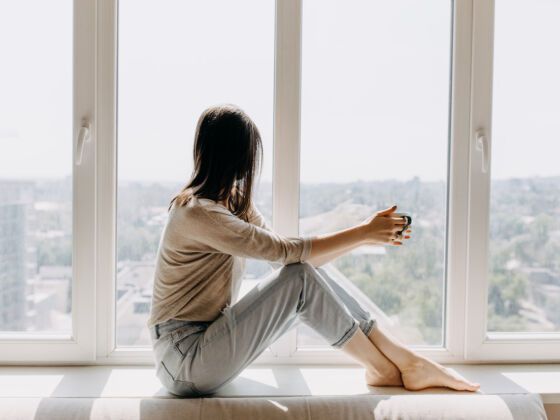ON A VACATION HOME FROM COLLEGE, I walked around a bookstore feeling a little lost and lonely. In the Recommended section was a book called The Highly Sensitive Person. Never had I felt so much resonance with a title. I bought it that day.
The author, Dr. Elaine Aron, is a San Francisco-based psychologist who coined the term. She estimates that around 20% of the US population are highly sensitive.
